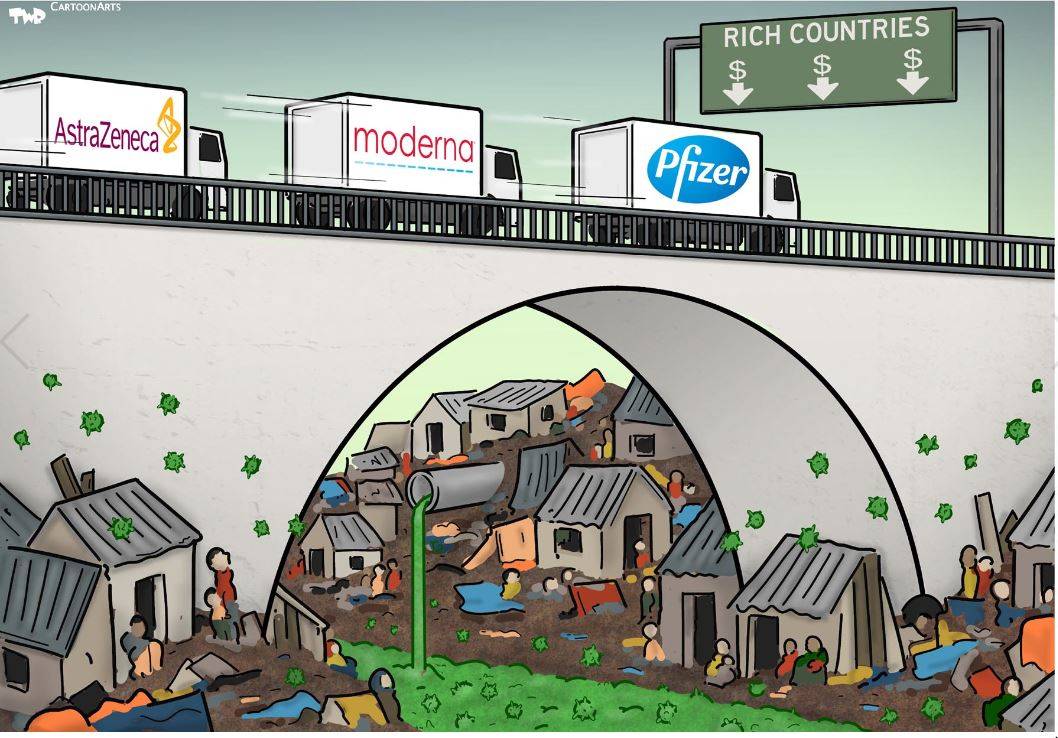The deployment of COVID-19 vaccines brings hope that the onslaught of the virus will soon cease, but the unsettled world within which the virus emerged remains.
Indeed, while many of the vaccines are proving miraculous in their efficacy, they risk exacerbating pre-existing geopolitical frictions and fault lines. Already, vaccines have been compared to military assets in their ability to strengthen a country’s power and influence, and there is concern that global inequities will grow ever more pronounced as developing economies are not part of the first round of vaccine distribution and are fiscally constrained in how they can respond to economic crises.
The fact that breakthrough medicines are being viewed through a competitive geopolitical lens should, unfortunately, come as no surprise. Much like the global economy, public health has become a space in which friction has overtaken cooperation. This development is part of a larger erosion of post-Cold War cooperative frameworks. Commenting this past fall on the fragmented global response to the coronavirus pandemic, U.N. Secretary-General Antonio Guterres said that the world had “essentially failed” when it came to “cooperation, unity and solidarity”.



















With your current subscription plan you can comment on stories. However, before writing your first comment, please create a display name in the Profile section of your subscriber account page.